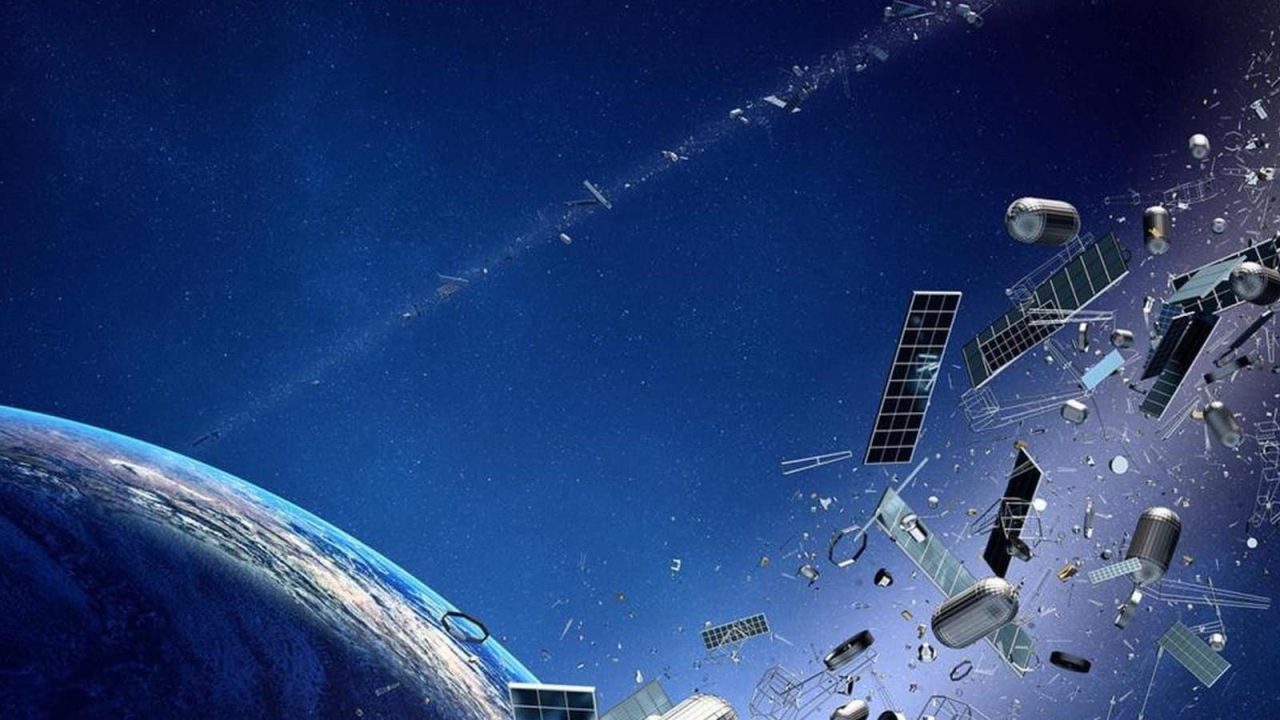Estimated reading time: 3 minutes
Have you heard of space junk? There is a lot of talk about the subject, which has become a problem in many ways. Mainly because, over the past few decades, there has been a significant increase in space exploration agents, which has increased the problem of space junk. But what about when these objects enter the atmosphere and hit something or someone, is it possible to get compensation?
Understand space debris compensation and laws
To answer this question, one must understand that there are no penalties for leaving space junk “scattered” after a mission around the Earth. The question when space junk lands on Earth is to ask, first of all, if anyone could have prevented it. Also, what would have happened if there had been damage.
Thus, for a space law to be effective, it would be necessary to prevent the appearance of as many dangerous situations as these, in addition to monitoring compliance with the laws. The problem is that today no law exists for this kind of situation, so the question would be solved by the government. But, in general, no compensation is paid.
Finally, the ideal would be that, in these cases, the government of the country makes a request for compensation through diplomatic channels. And only pay for the damage. It turns out that, until today, this has only happened once, and that was outside of Brazil. At the time, the Government of Canada filed a complaint when the Soviet Cosmos 954 satellite crashed on its territory in 1978. The accident spread radioactive debris and the country spent almost 14 million Canadian dollars for the to clean. But he only recovered 3 million.
Either way, want to stay up to date with everything that’s going on in the world of finance?
So follow us on Youtube channel and on our social networks, such as Facebook, Twitter, Tic and instagram. Thus, you will follow everything related to digital banks, credit cards, loans, fintechs and topics related to the world of finance.

